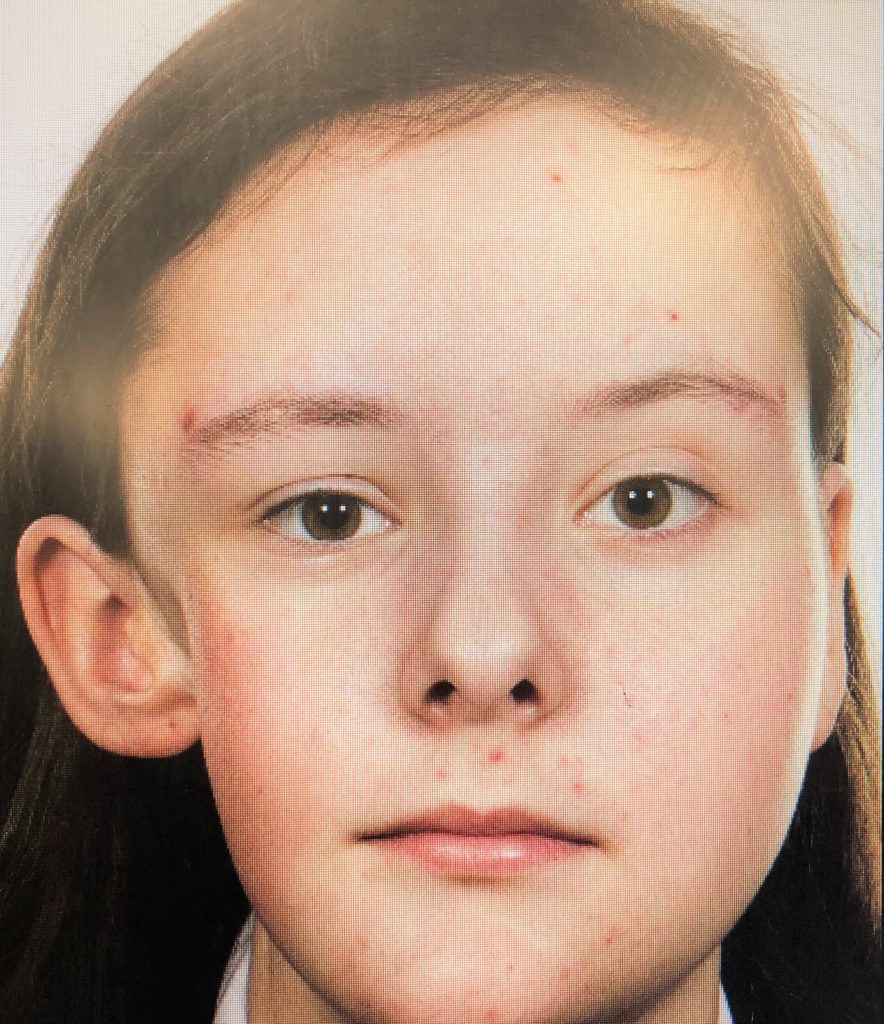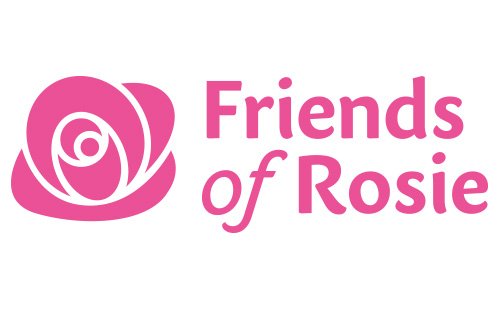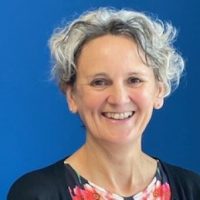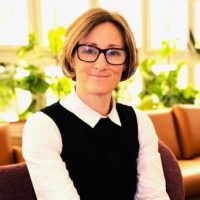Friends of Rosie is funding new research into ways to decrease the risk of facial disfiguration in children with cancers in the head and neck. Says Professor John Hickman, Chair of Friends of Rosie’s Scientific Advisory Board, “As children’s bones and tissues are still growing, current treatments for facial cancers in children can lead to disfiguration and a future of painful surgeries to correct the effects caused by the treatment. This pioneering new study looks to reduce those side effects to provide children with a better quality of life after treatment.”
This study has been welcomed by parents of children who face long and unpleasant surgical reconstruction to give them a proper quality of life. See Emma’s story below.
The project
This research is led by The University of Manchester and The Christie NHS Foundation Trust, in collaboration with Dr Marianne Aznar and Dr Gillian Whitfield lead the project, which is due to start later this year once research labs reopen. Dr Aznar summarises the project’s aims below:
“Radiotherapy is an essential treatment component for many cancers. In children, radiotherapy strongly affects bone and tissue growth. For children treated in the head and neck, especially if only one side of the face is treated, this can result in noticeable disfigurement and asymmetry. Rhabdomyosarcoma tumours located in the head or neck will be the key focus of this study. Up to 75% of patients treated for head and neck rhabdomyosarcoma will experience some degree of facial underdevelopment resulting in marked facial disfiguration, which can affect quality of life. Research to understand, reduce, and even prevent side effects is sorely needed.
“In adult head and neck cancer considerable effort has been put into deriving the best doses of radiation to minimise the effects on healthy tissue and to reduce patient side-effects. In contrast, our understanding of the effects of radiation on the growing skeleton of a child is insufficient and current guidelines do not allow for slight variations in clinical decision-making.
“Through this project, we want to develop a new method to measure facial asymmetry in children, using the images routinely acquired during follow-up examinations, for example, MR and CT images. By analysing the measurements from these images, we hope to learn exactly how radiation affects bone growth in the face. At The University of Manchester, we are also collaborating with the Division of Dentistry because often facial asymmetry requires orthodontics treatment.
“Ultimately, we hope to enable “smarter” radiation treatments, leading to a decreased risk of disfigurement in the future.”
Emma’s story
Emma Payton, now aged 15, was eight years old when she underwent treatment for alveolar rhabdomyosarcoma, a soft tissue tumour. The tumour was in her masseter muscle in her cheek and wrapped around her right cheekbone. Emma was treated with Proton Beam Therapy, which was successful, but left her with facial disfigurement.

Says Tracey, Emma’s mum, “Emma’s jaw hasn’t grown on the side she was radiated, and she lost a lot of muscle mass on one side of her face when the tumour was operated on. Ahead of her, she has orthodontic surgery to reposition her teeth, jaw realignment surgery, and an operation to remove muscle from her thigh to implant into her face.
“We are truly grateful that Emma’s cancer treatment saved her life and she now has the option of cosmetic surgery. She has several painful procedures ahead of her and she wants to go through with them to improve her life as a young woman and hopefully prevent her from being defined by childhood cancer as an adult. Children with cancer go through so much, so any way to minimise these late effects and to give them the chance to truly get on with living after treatment is essential.”




